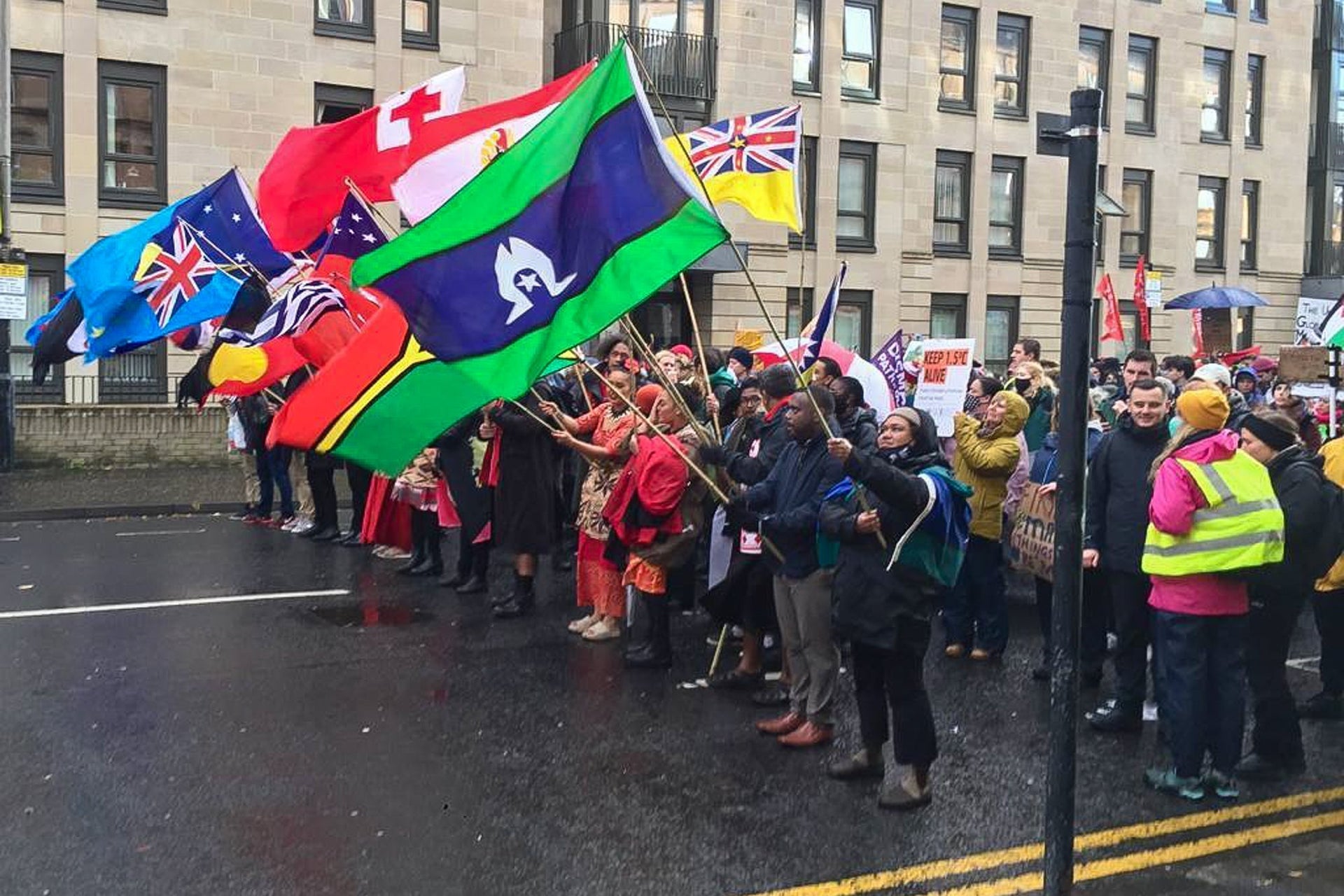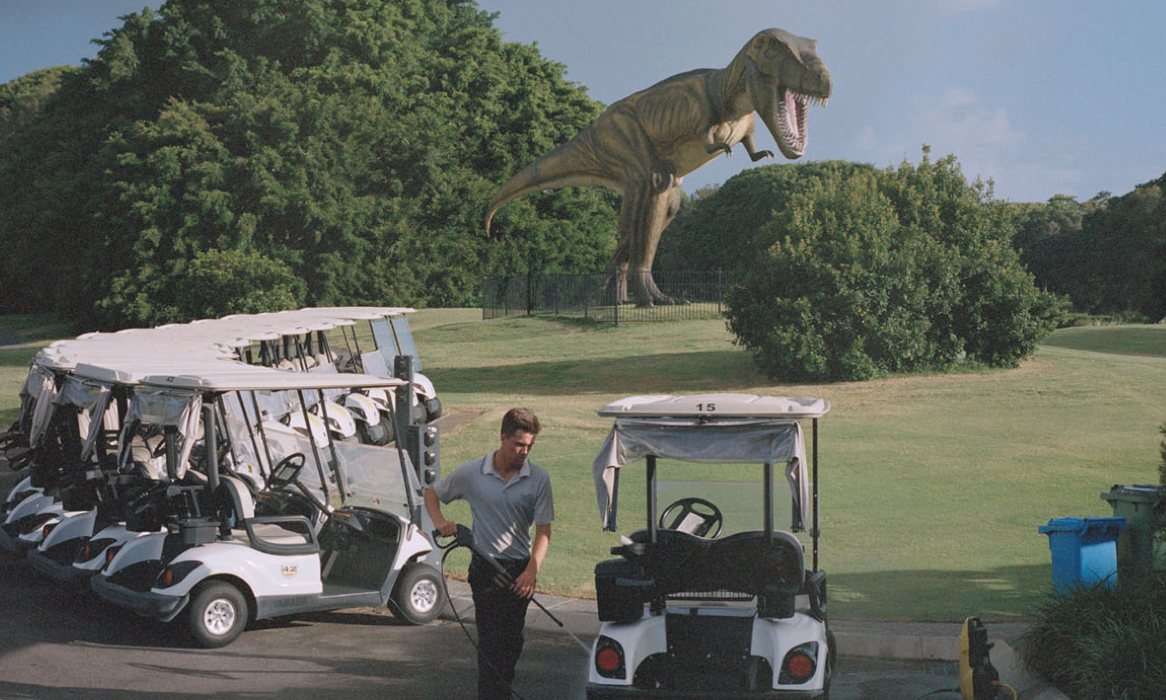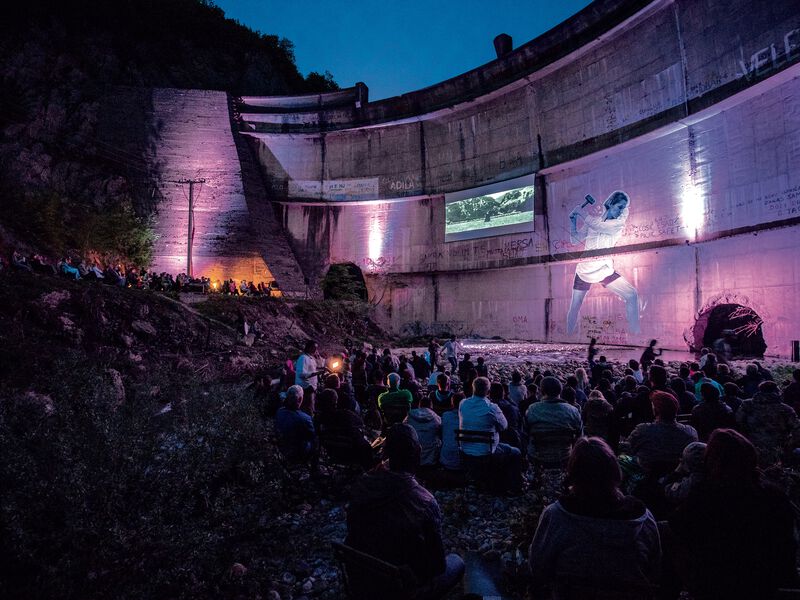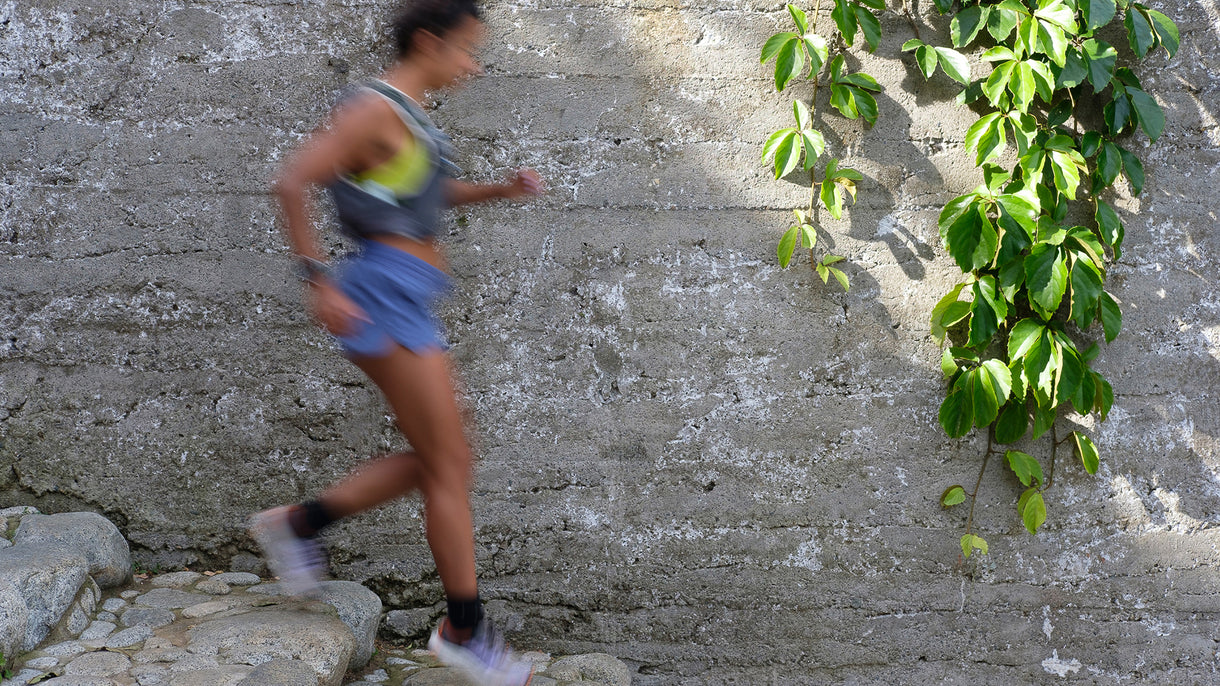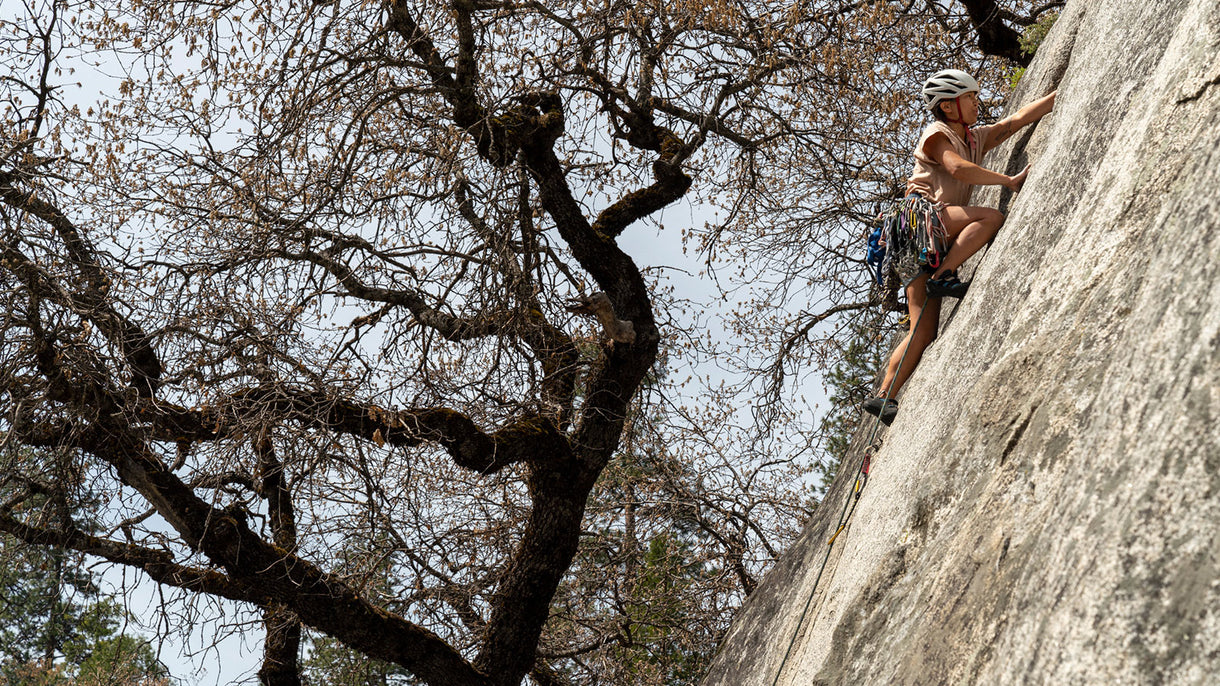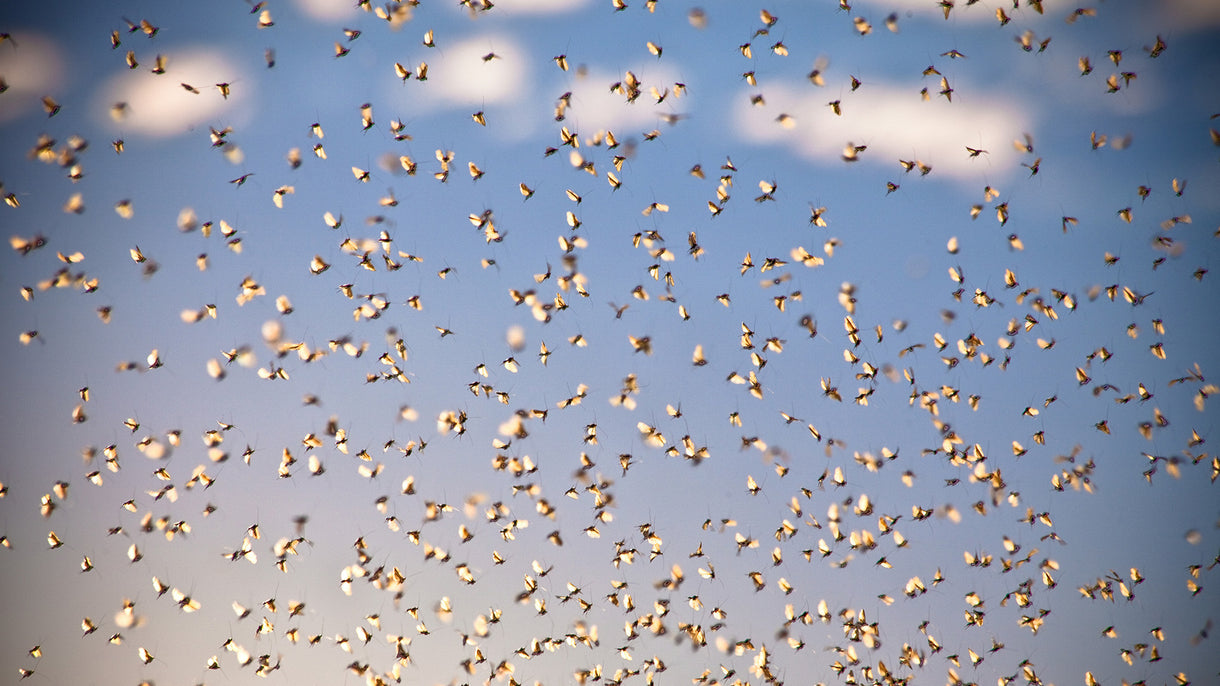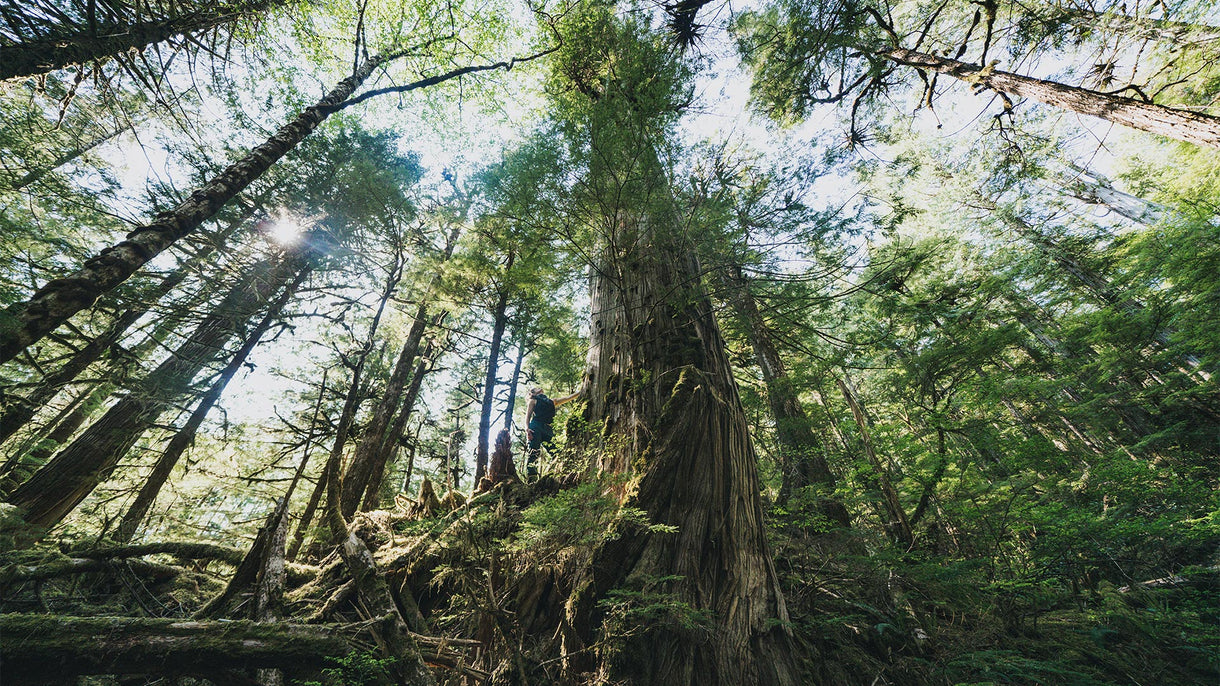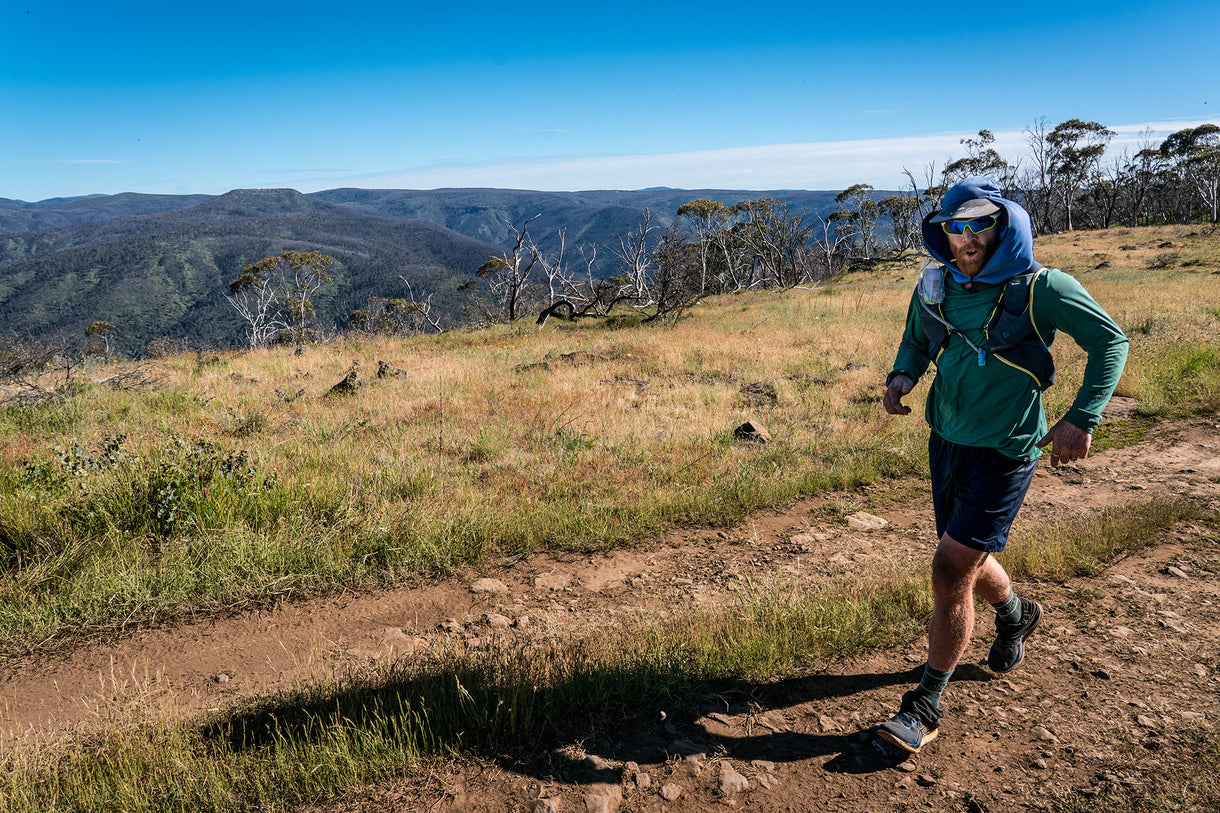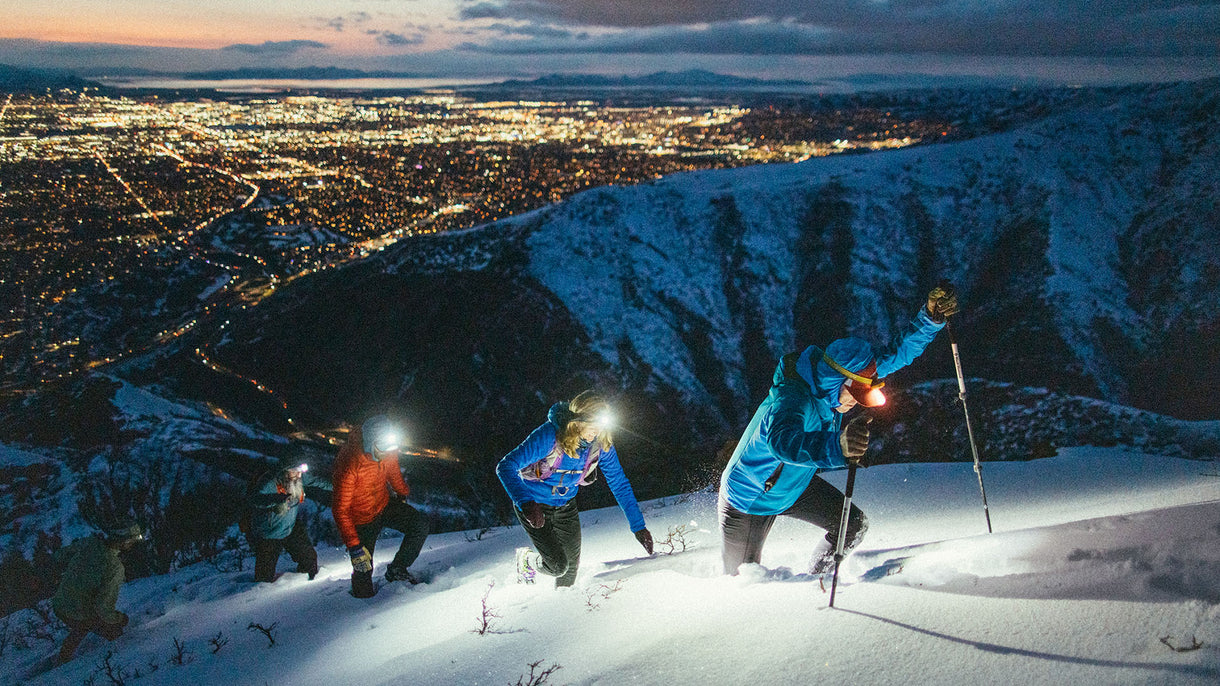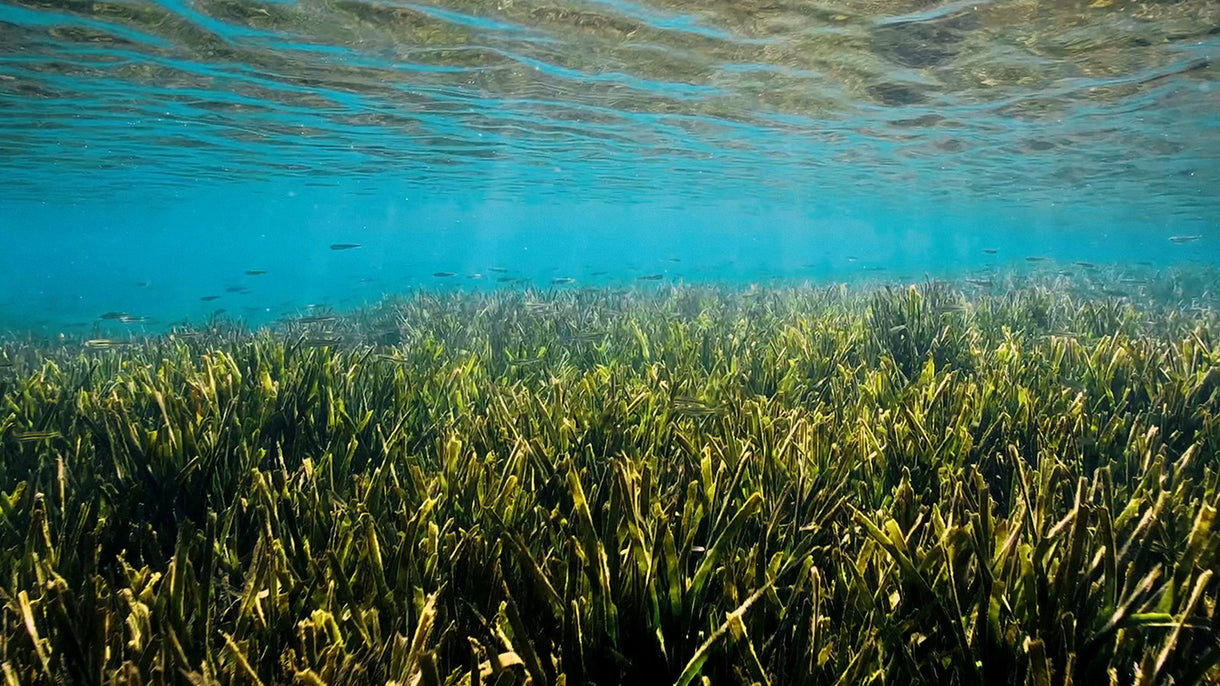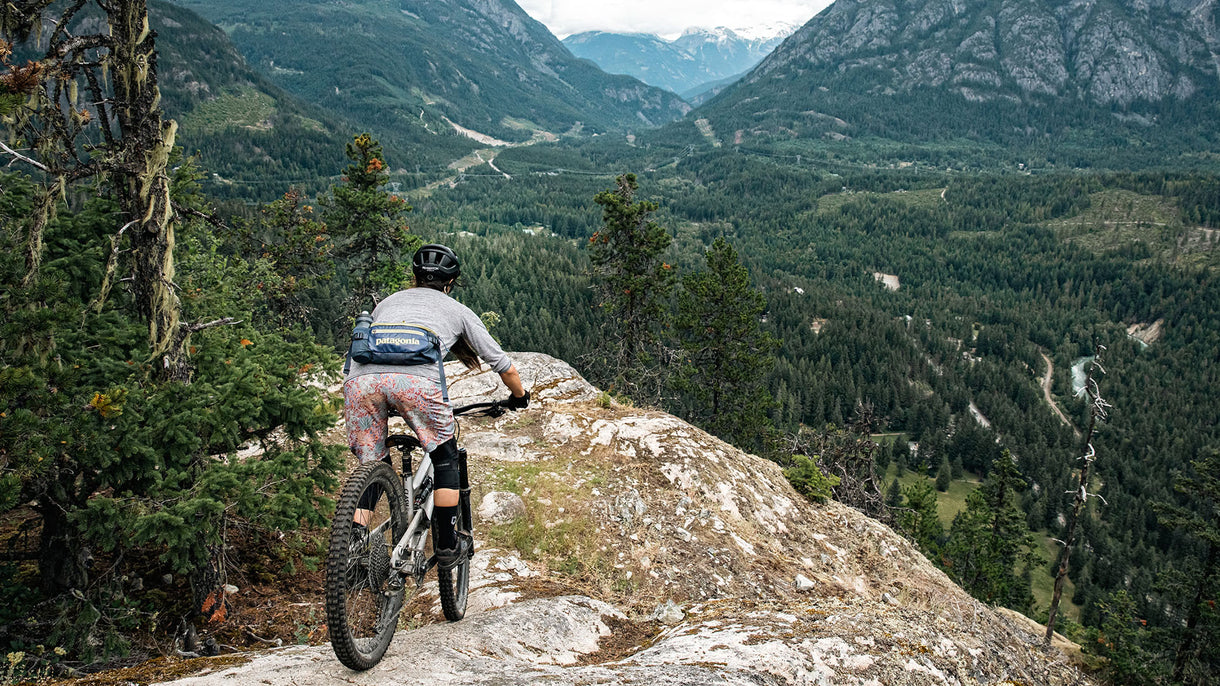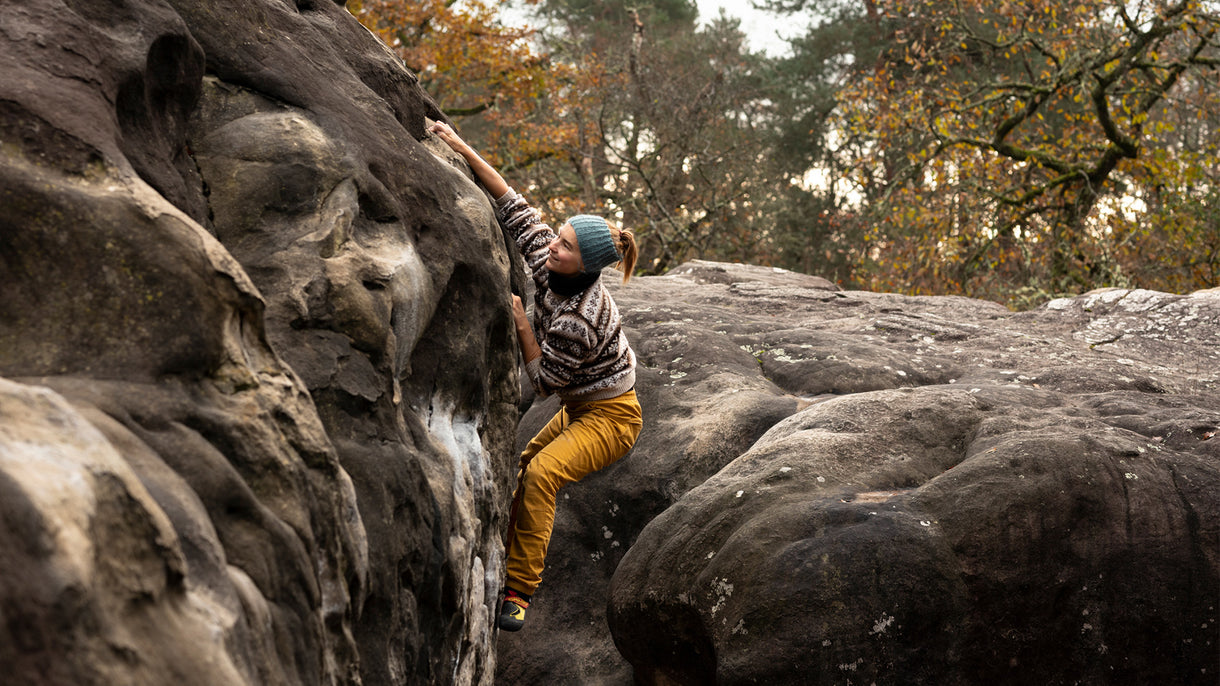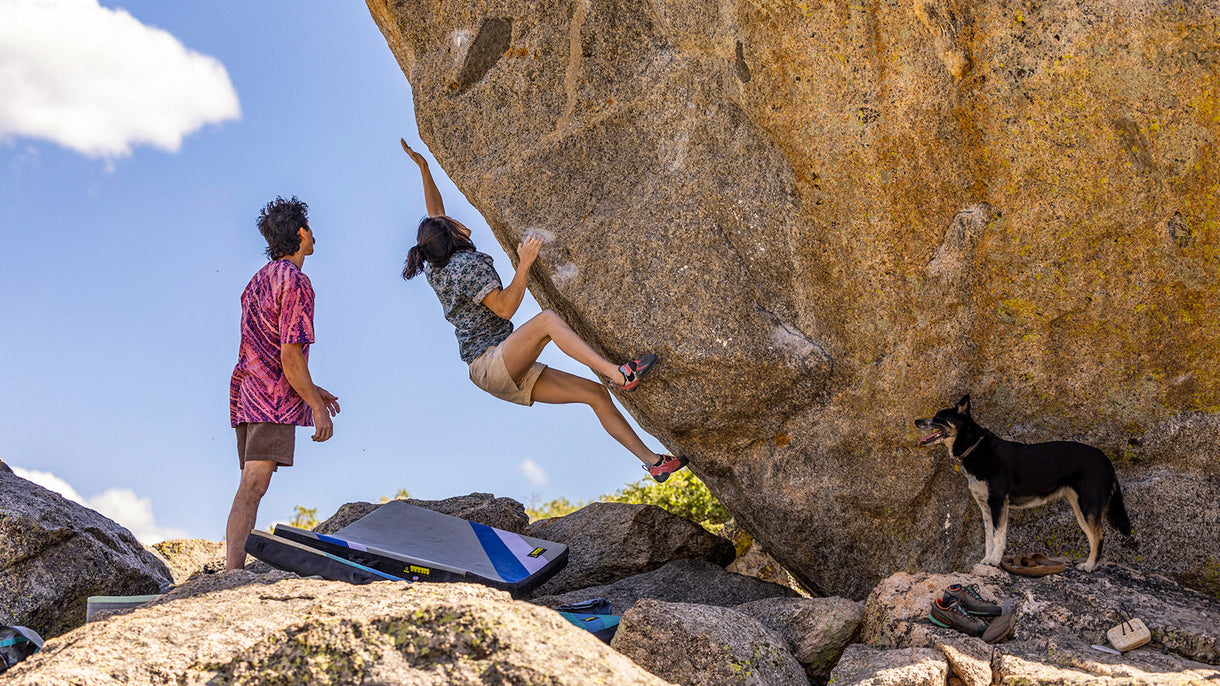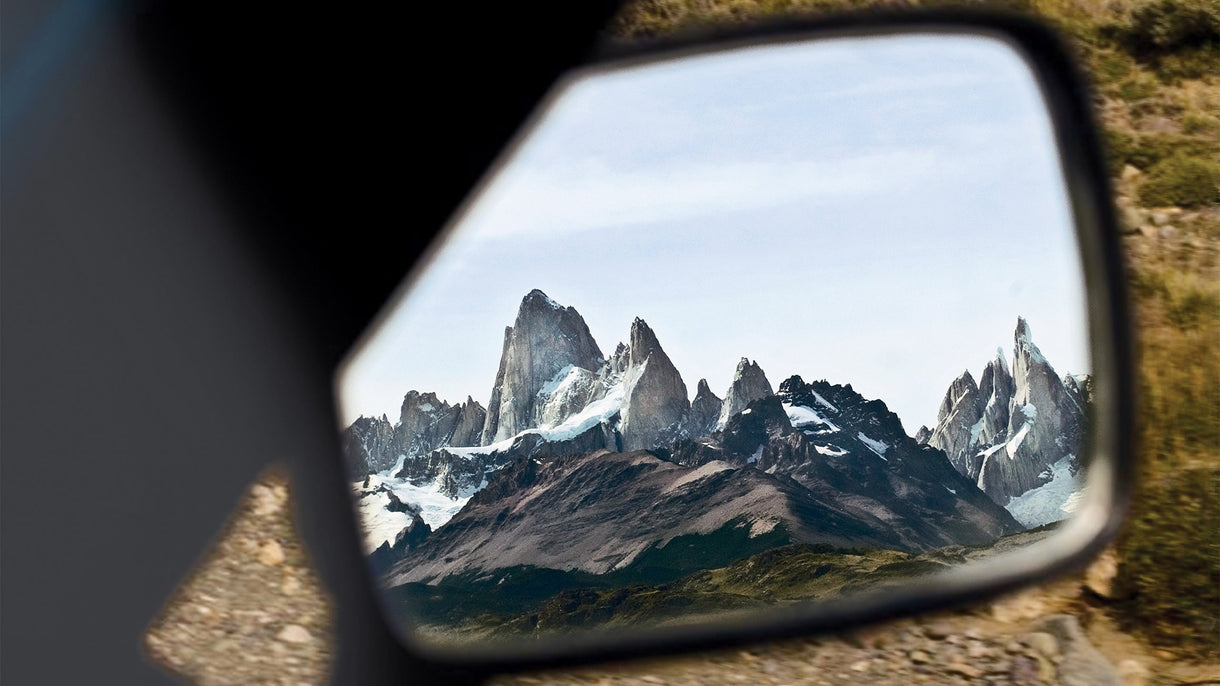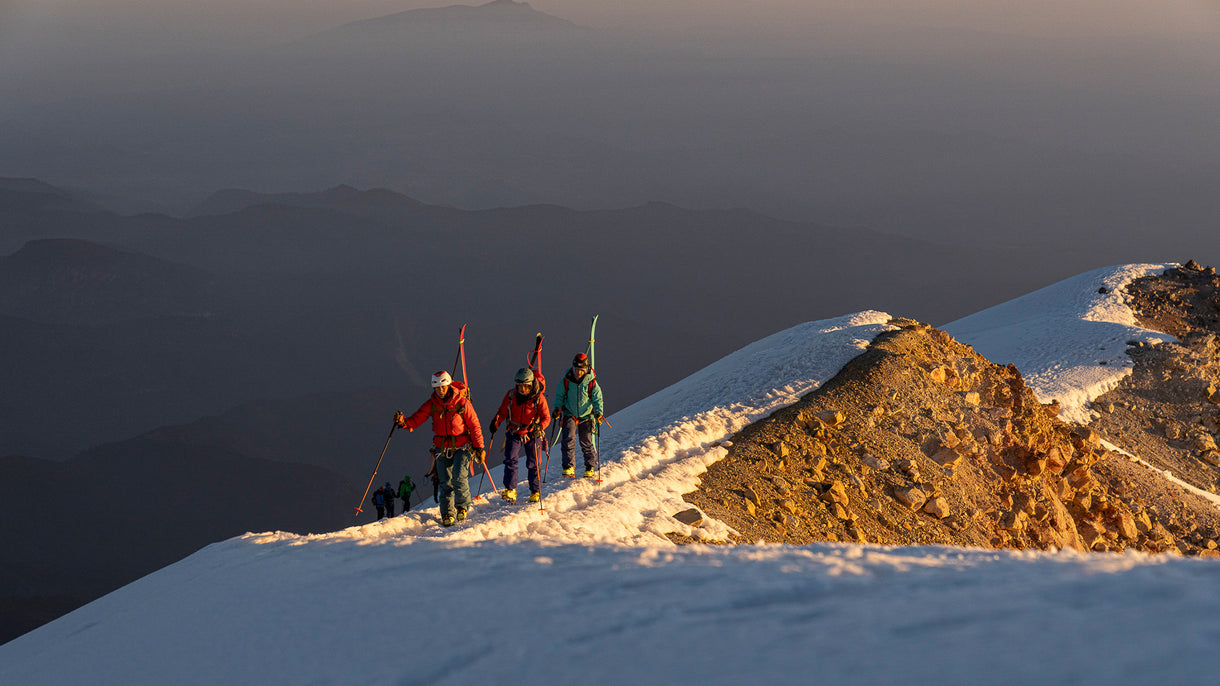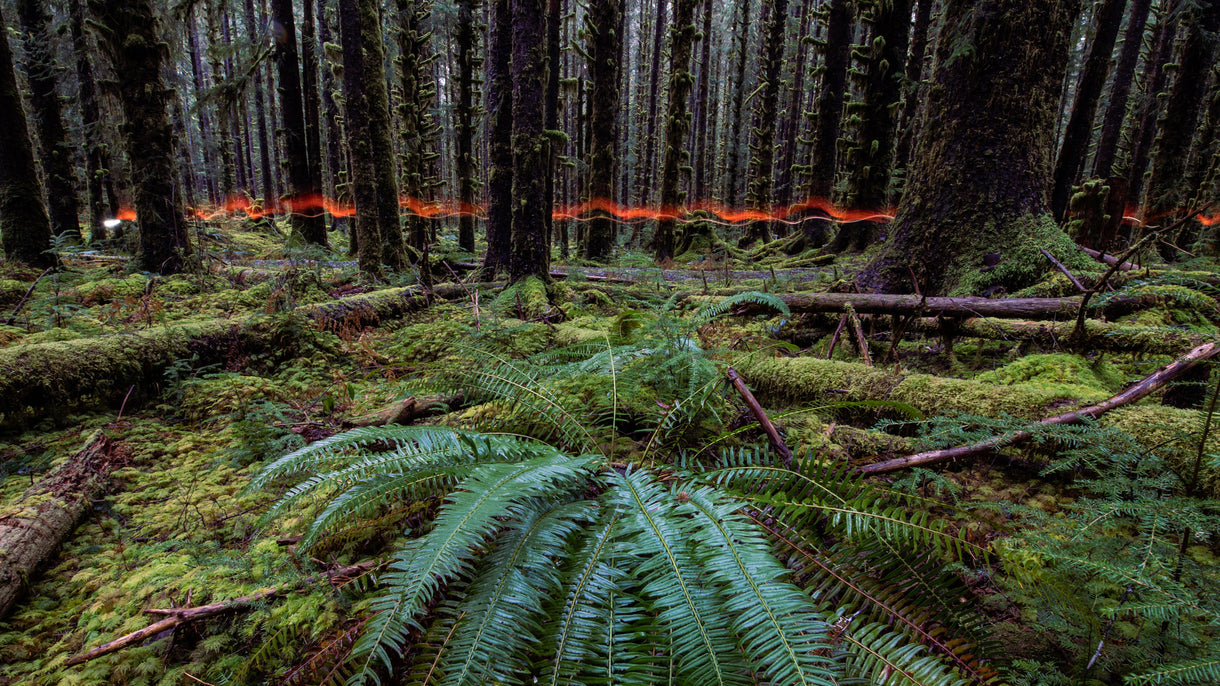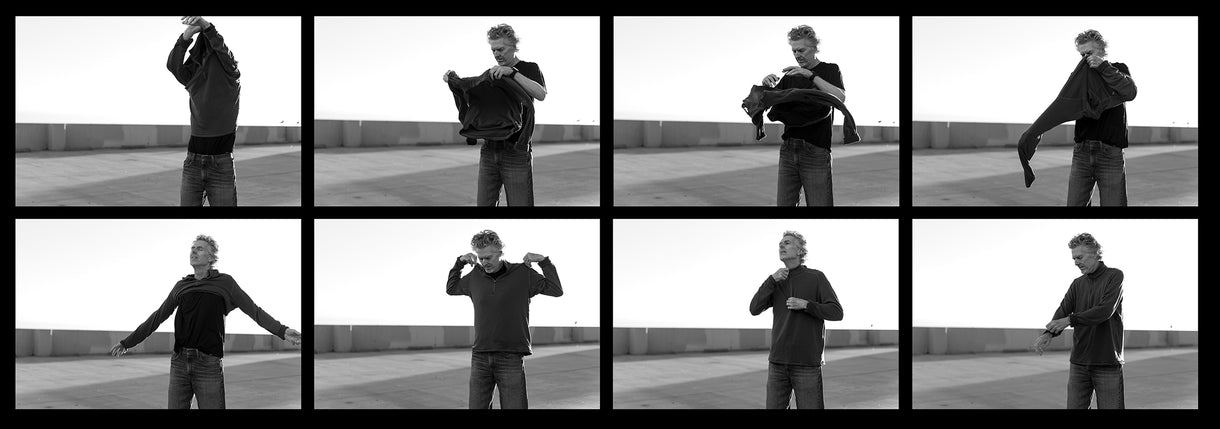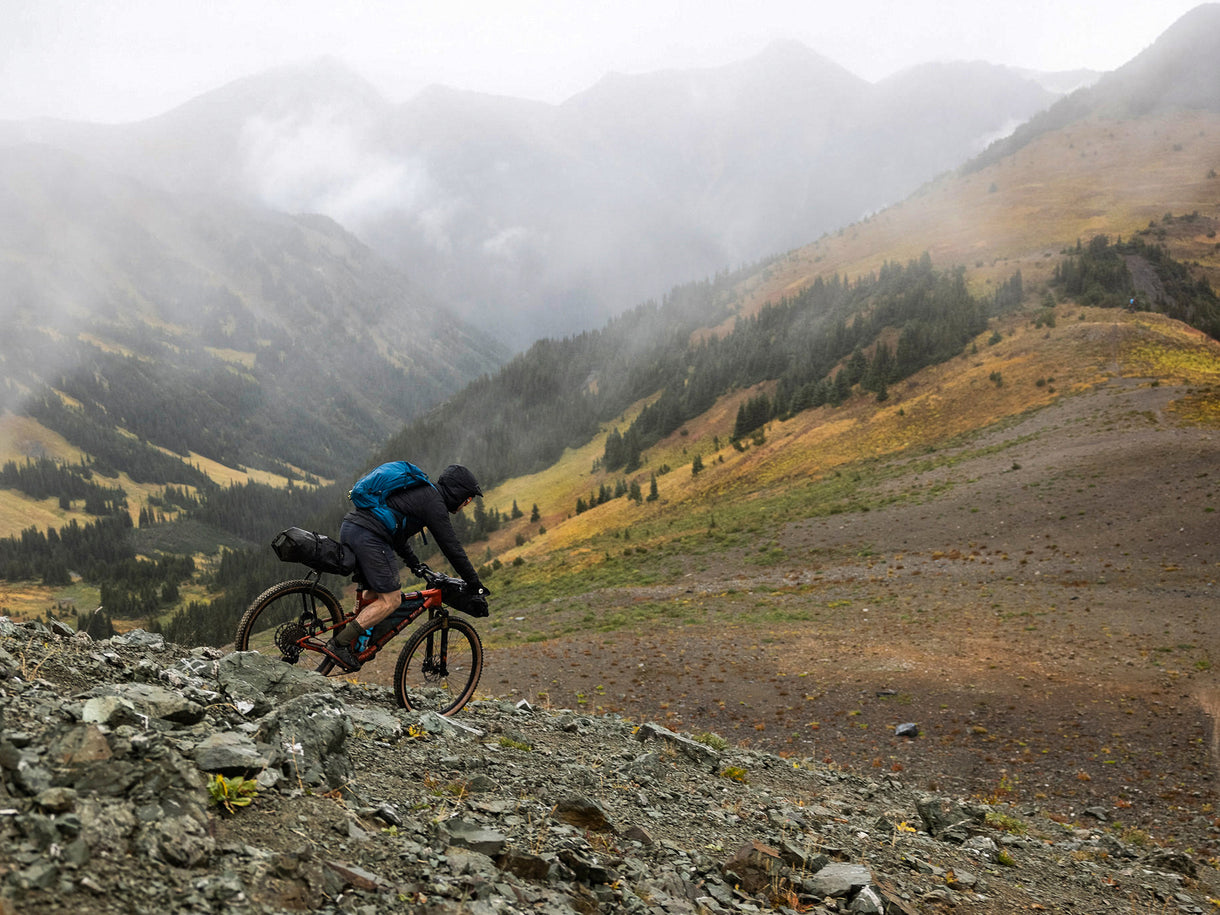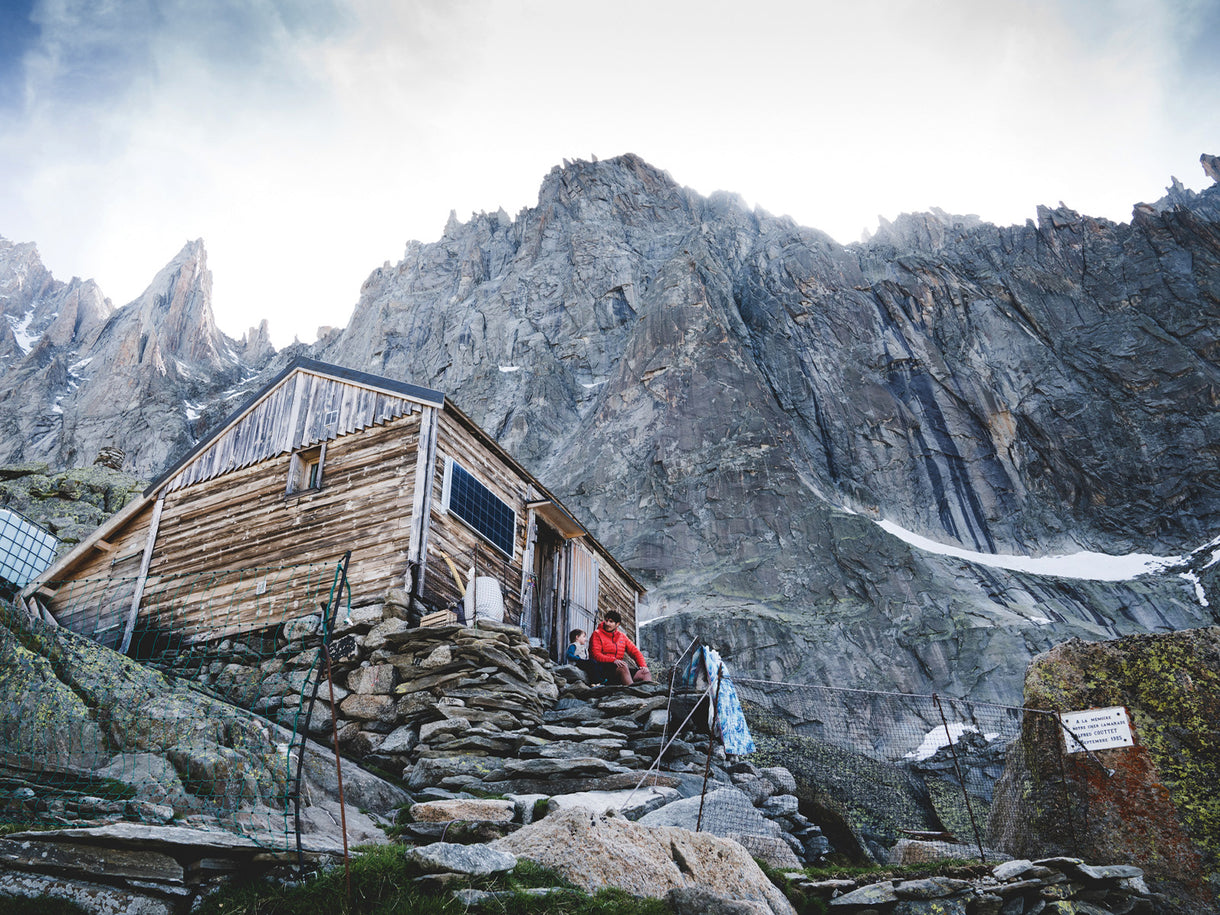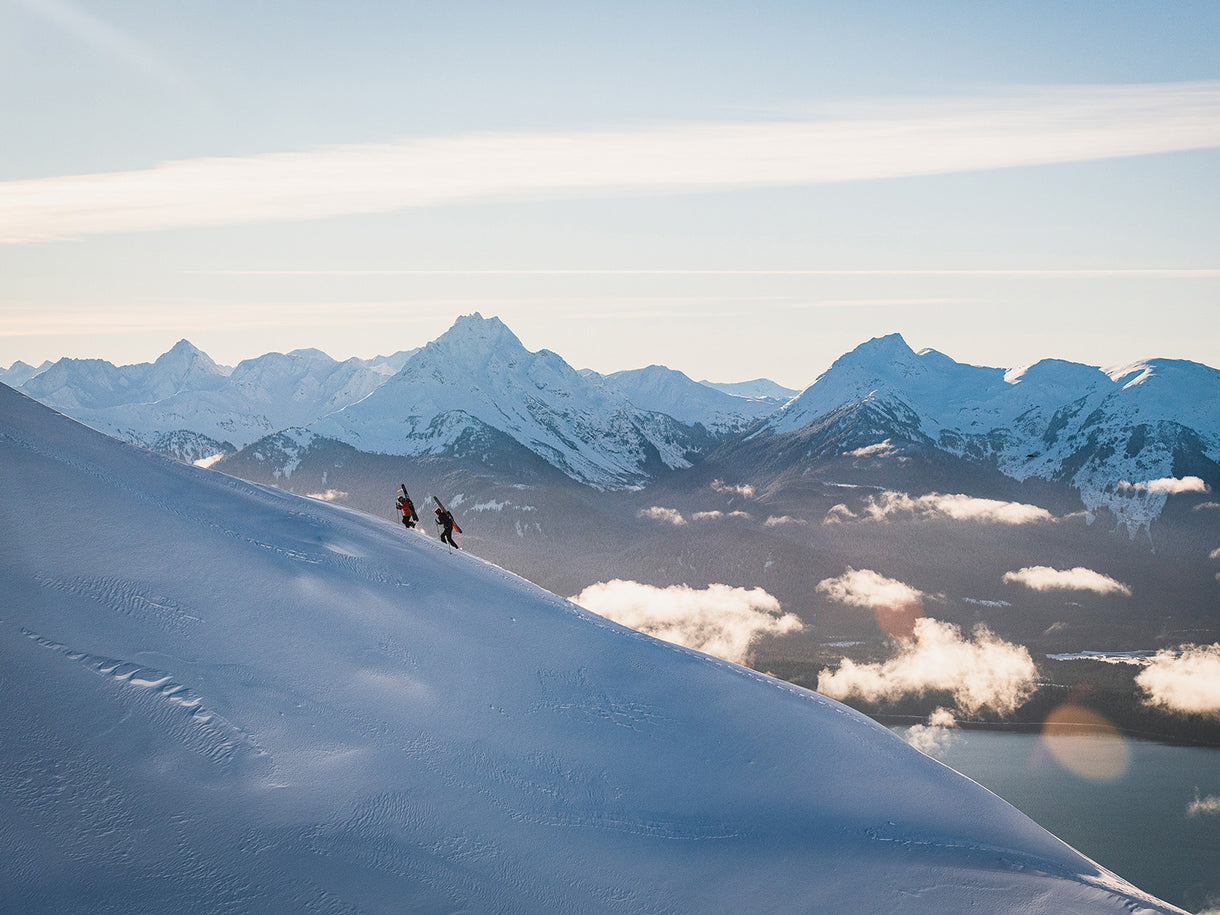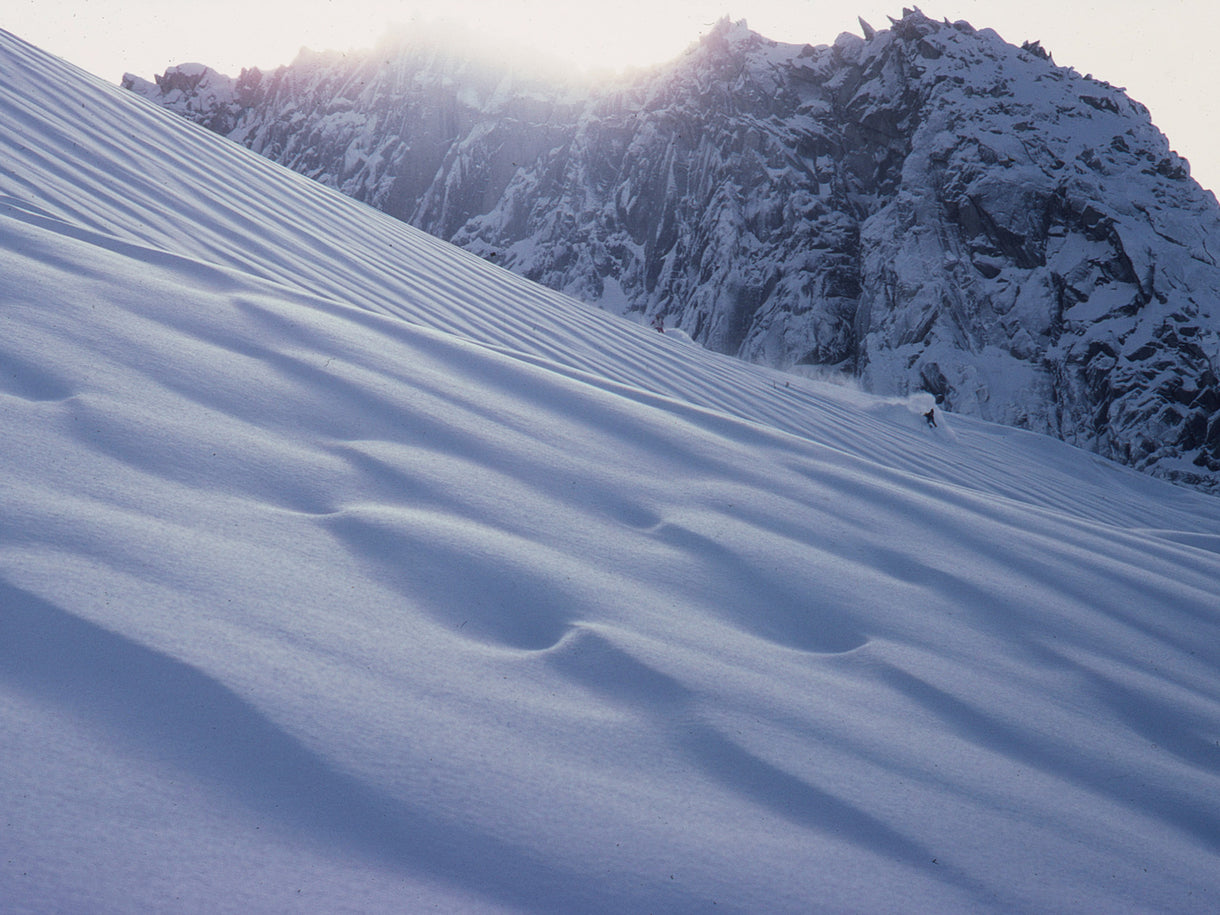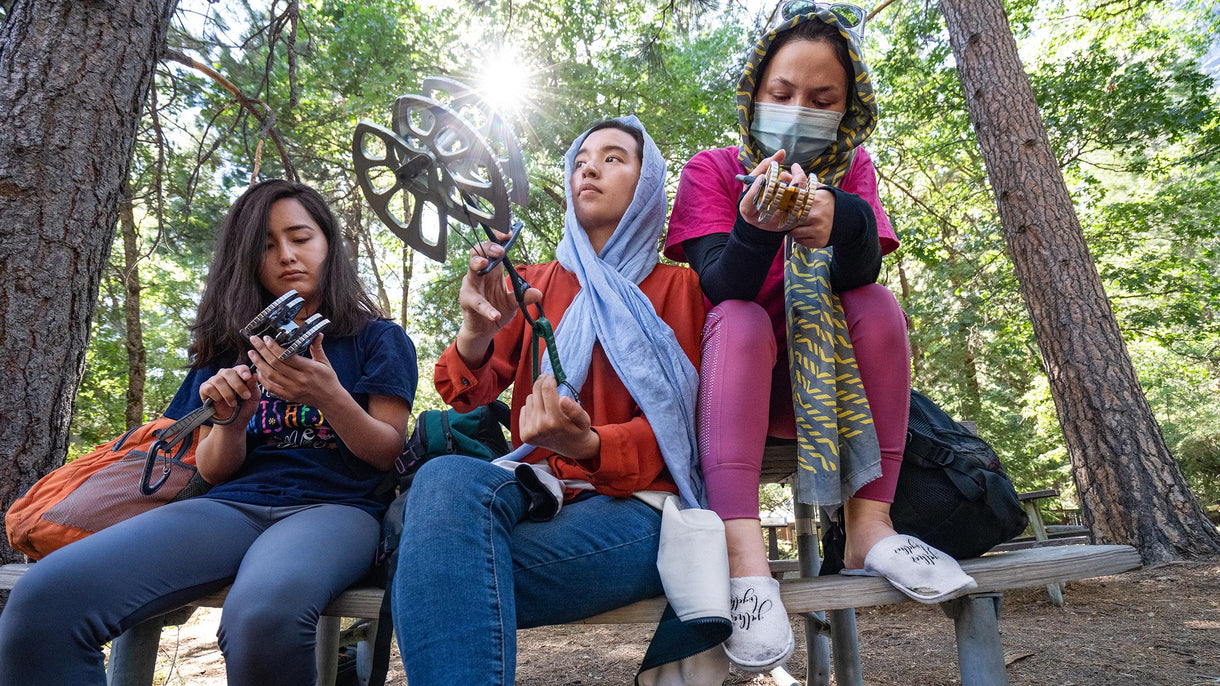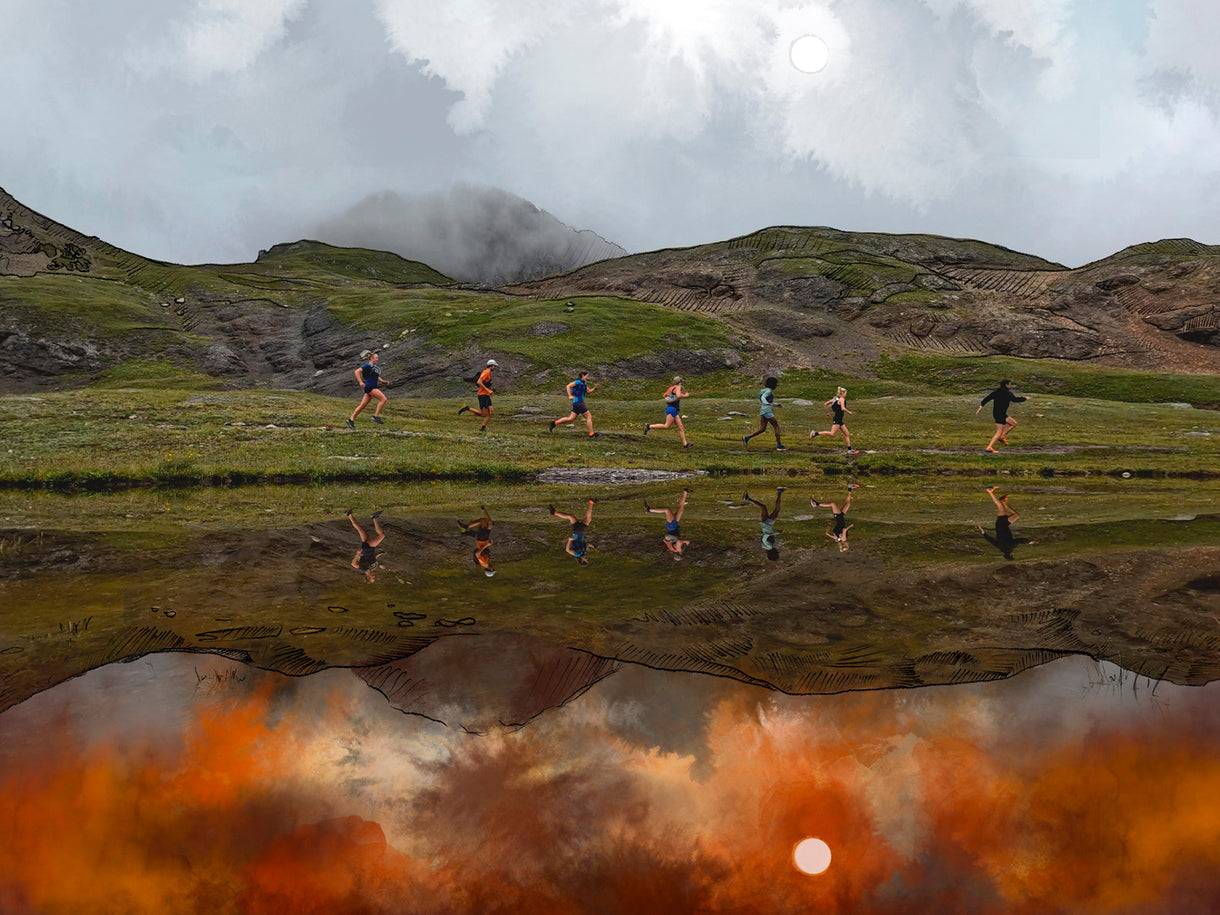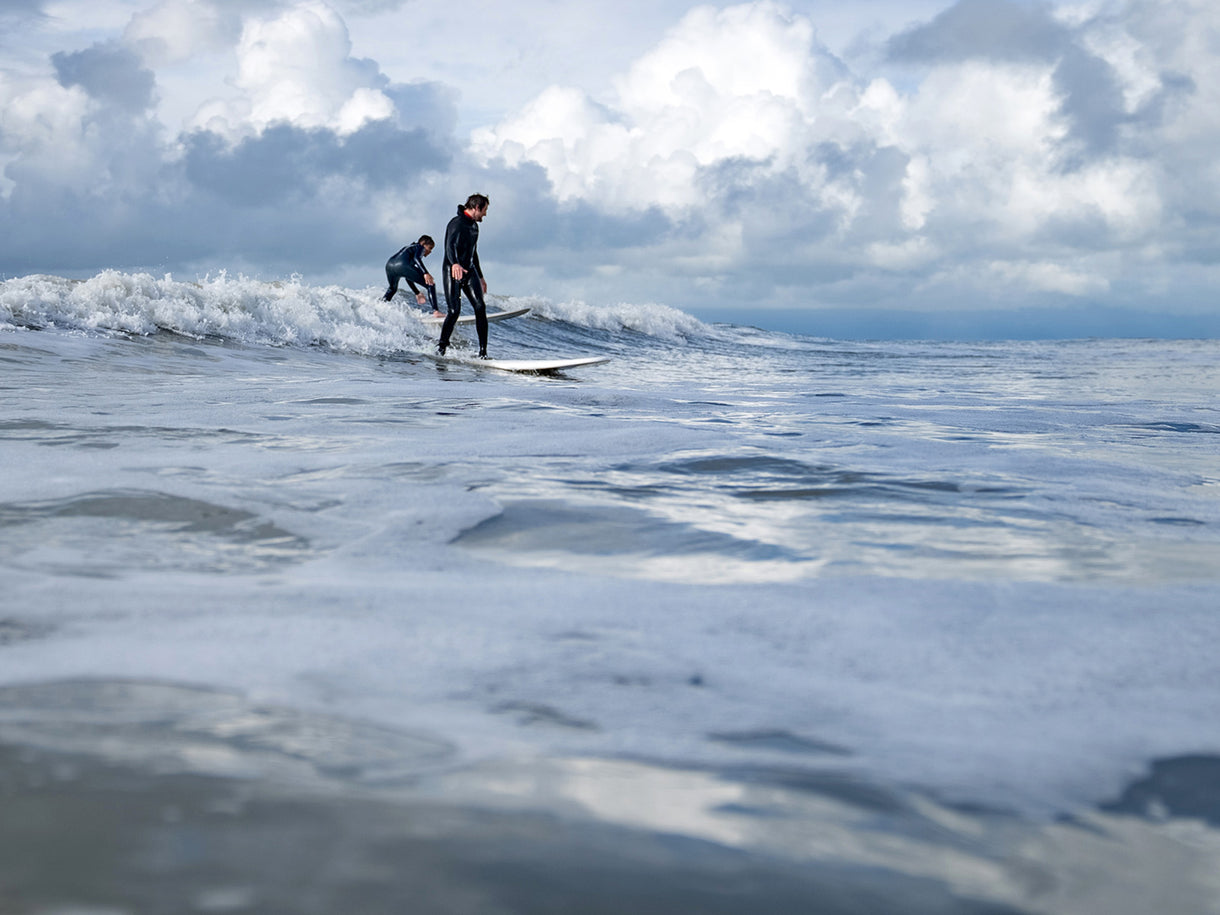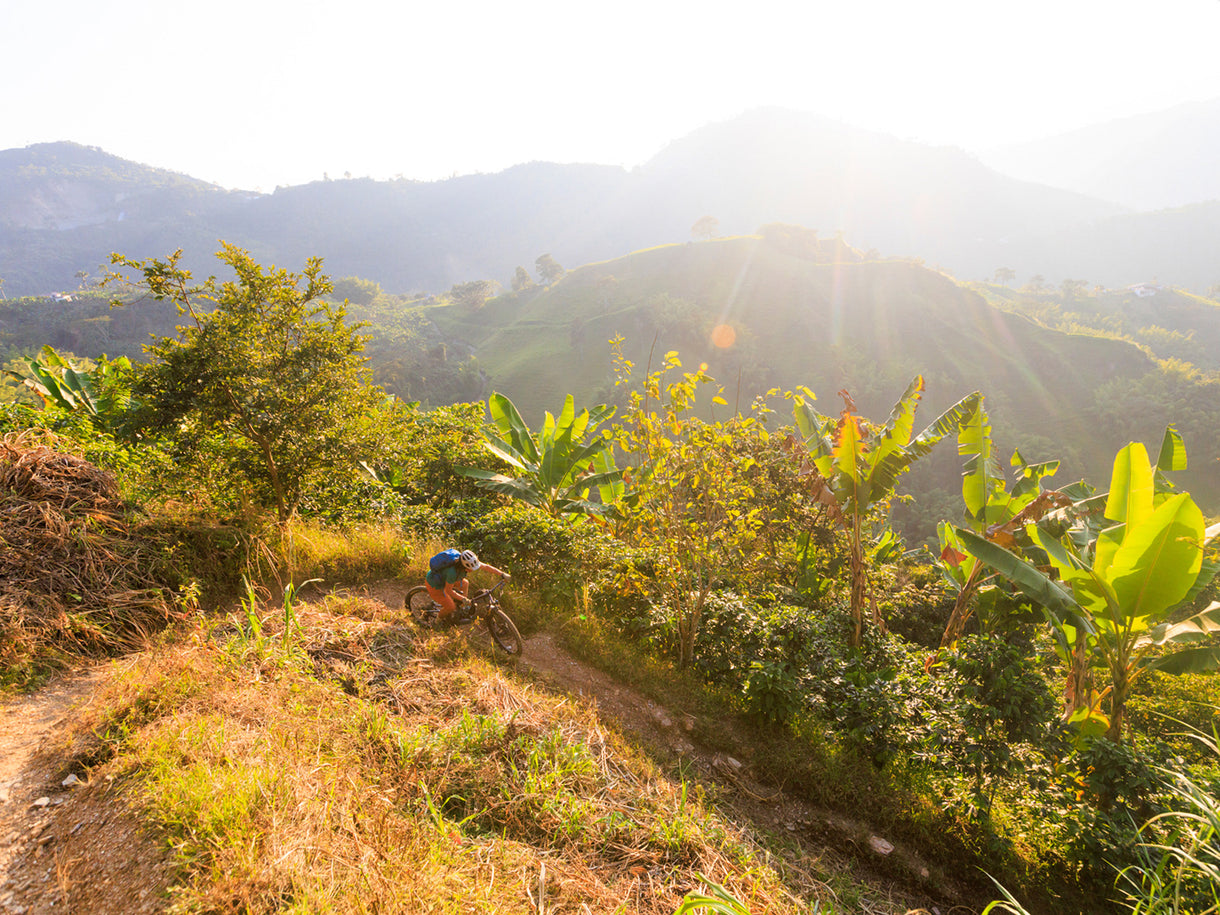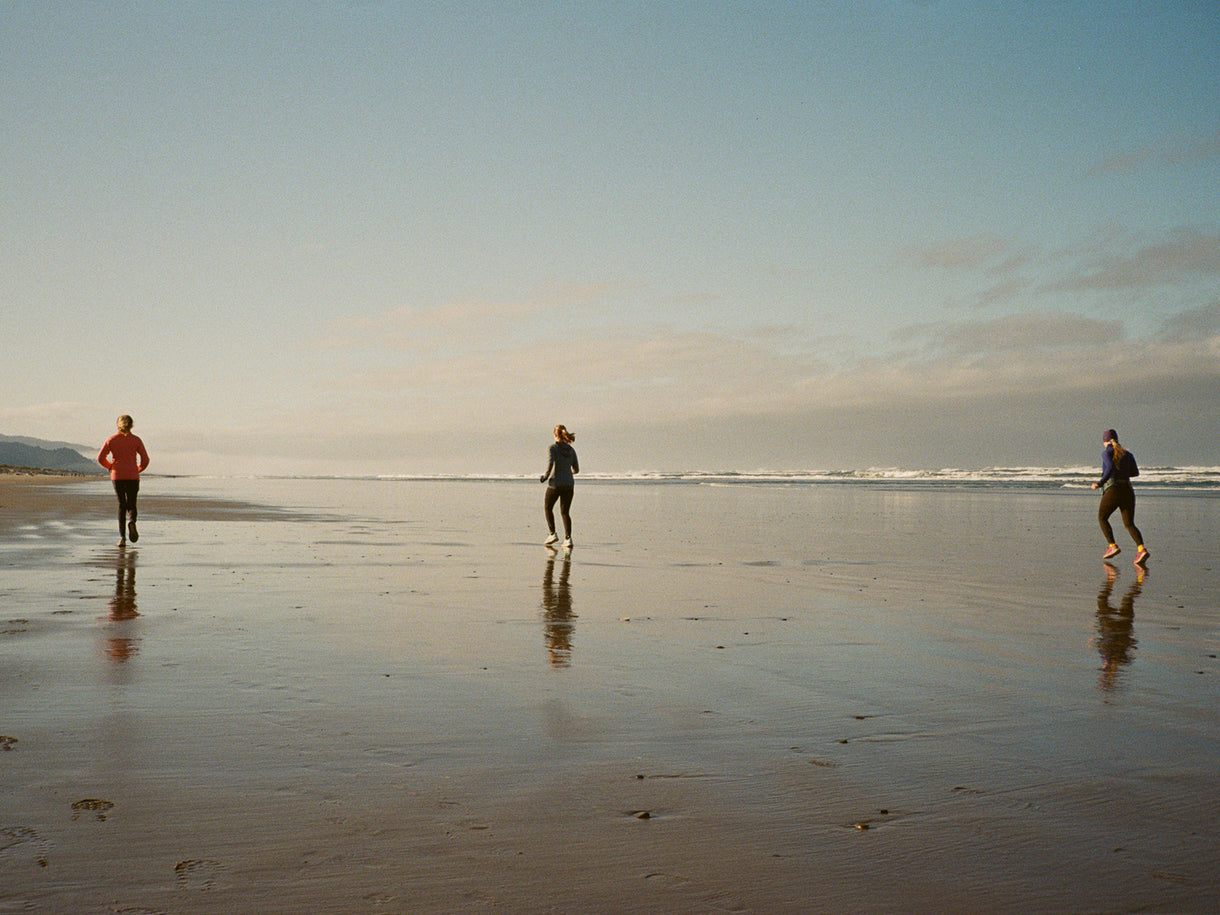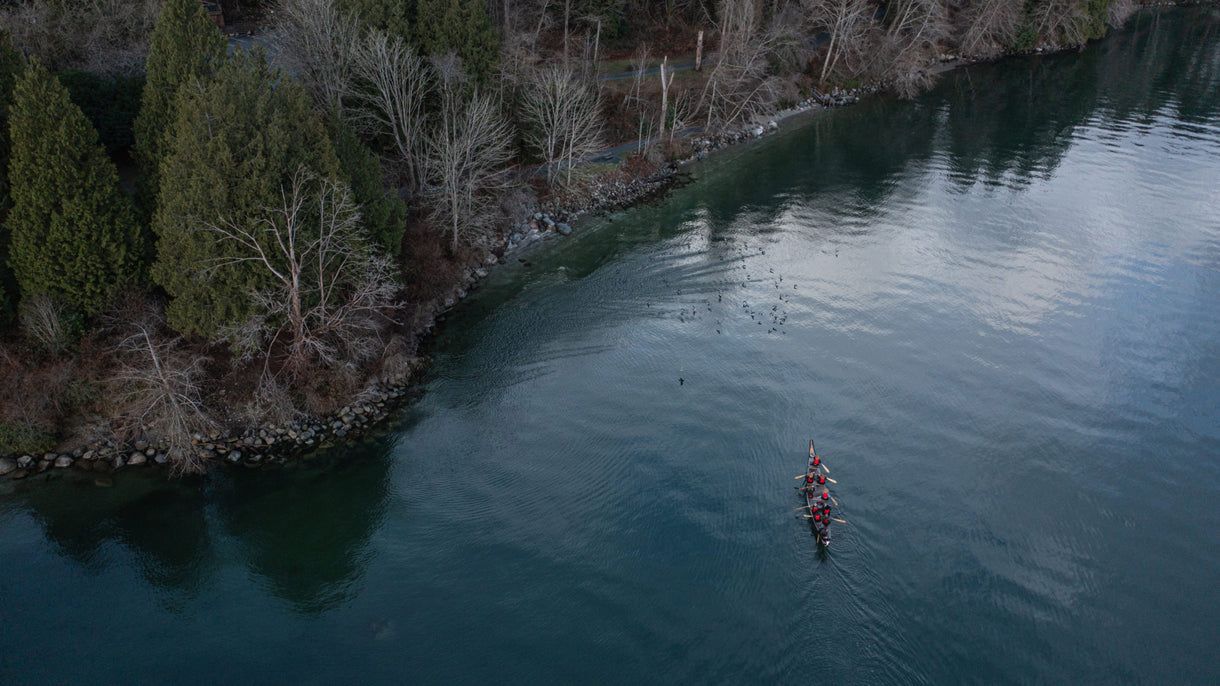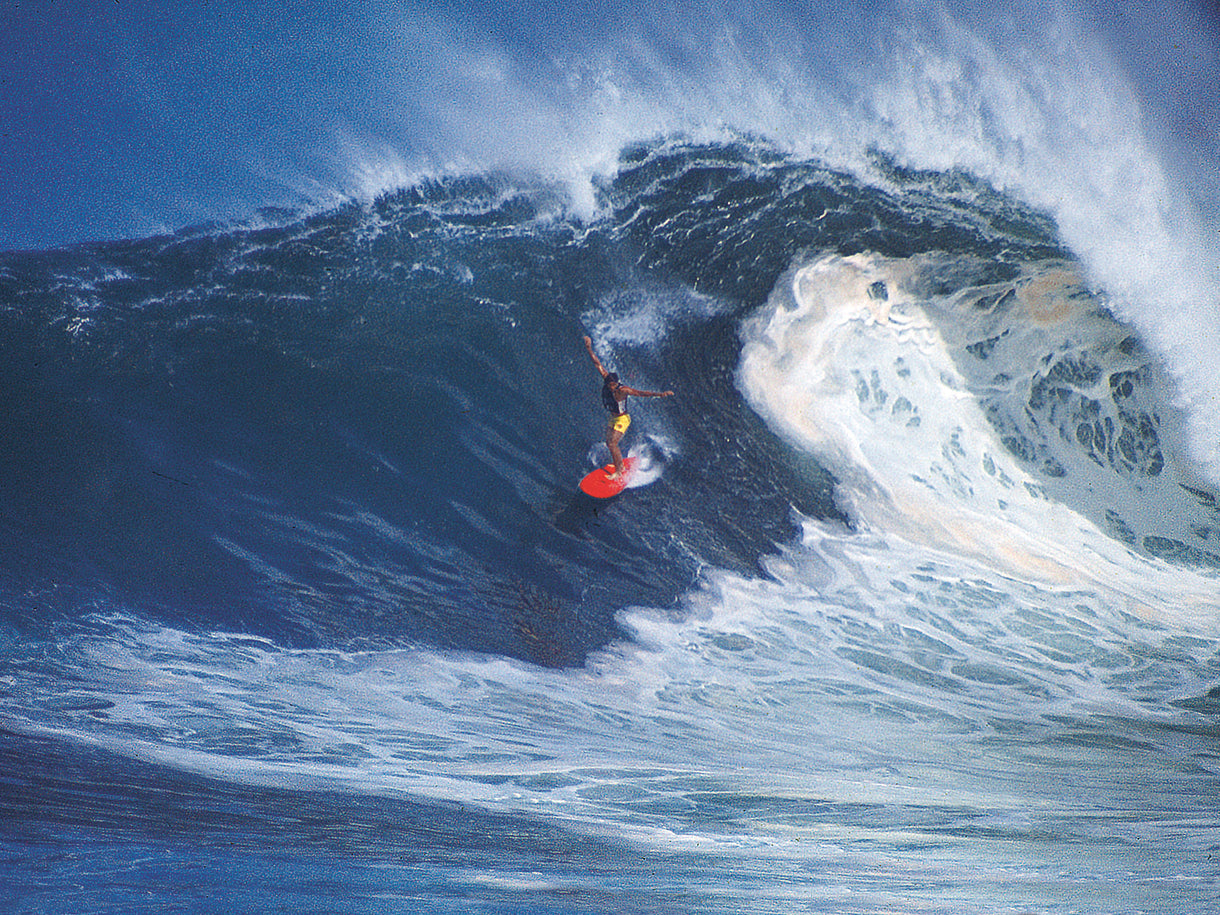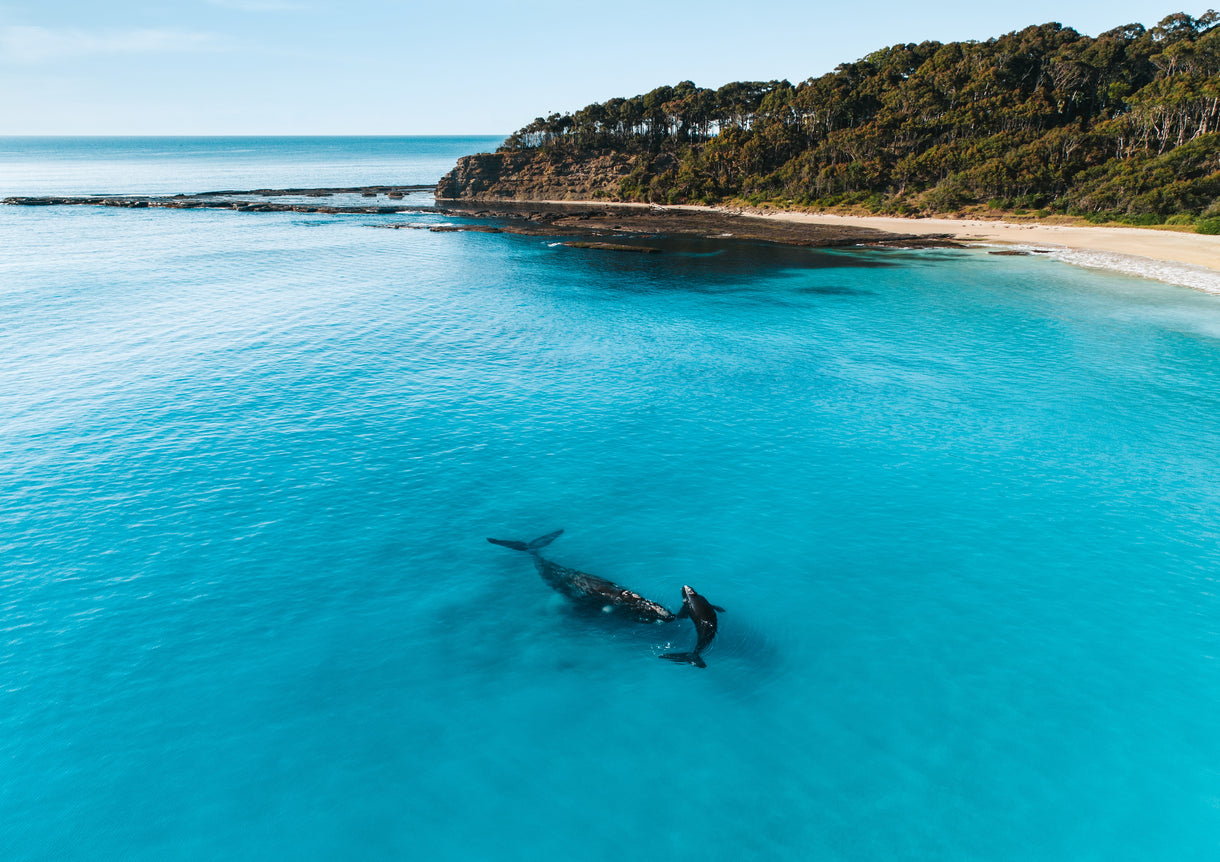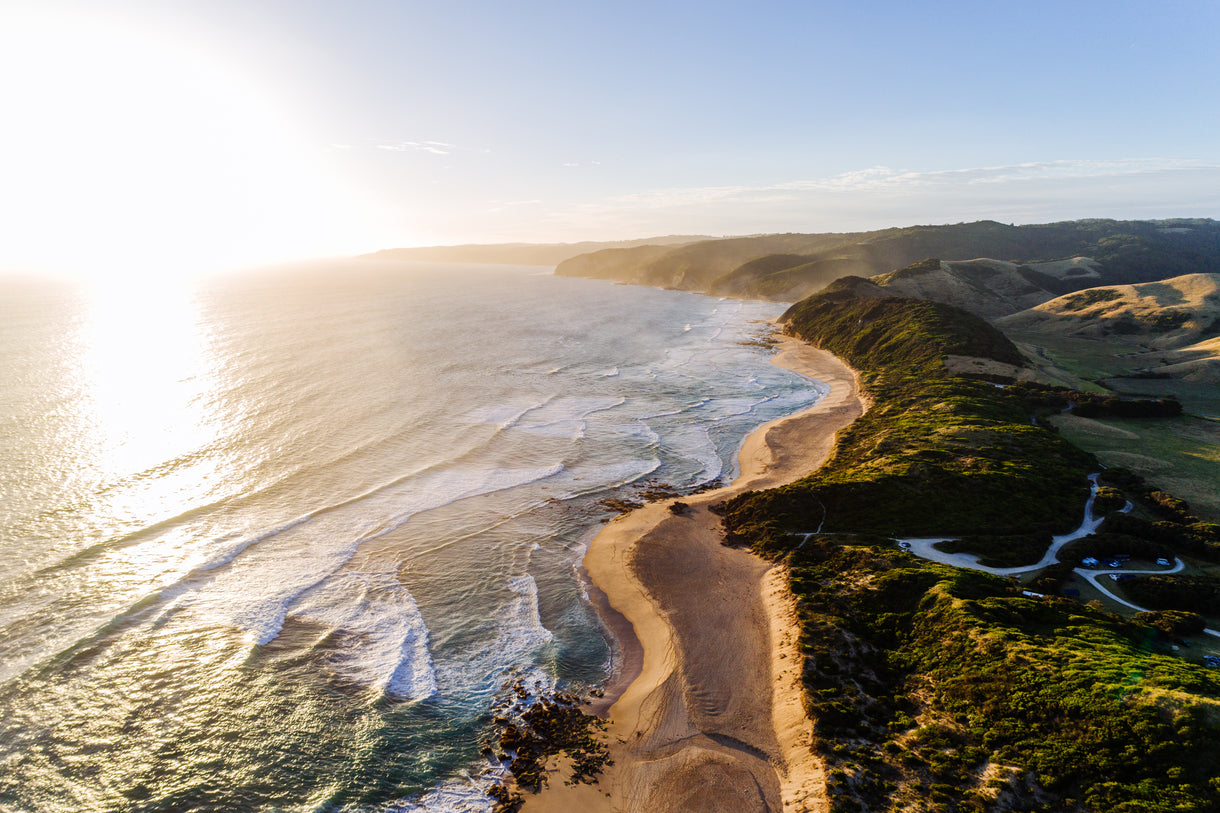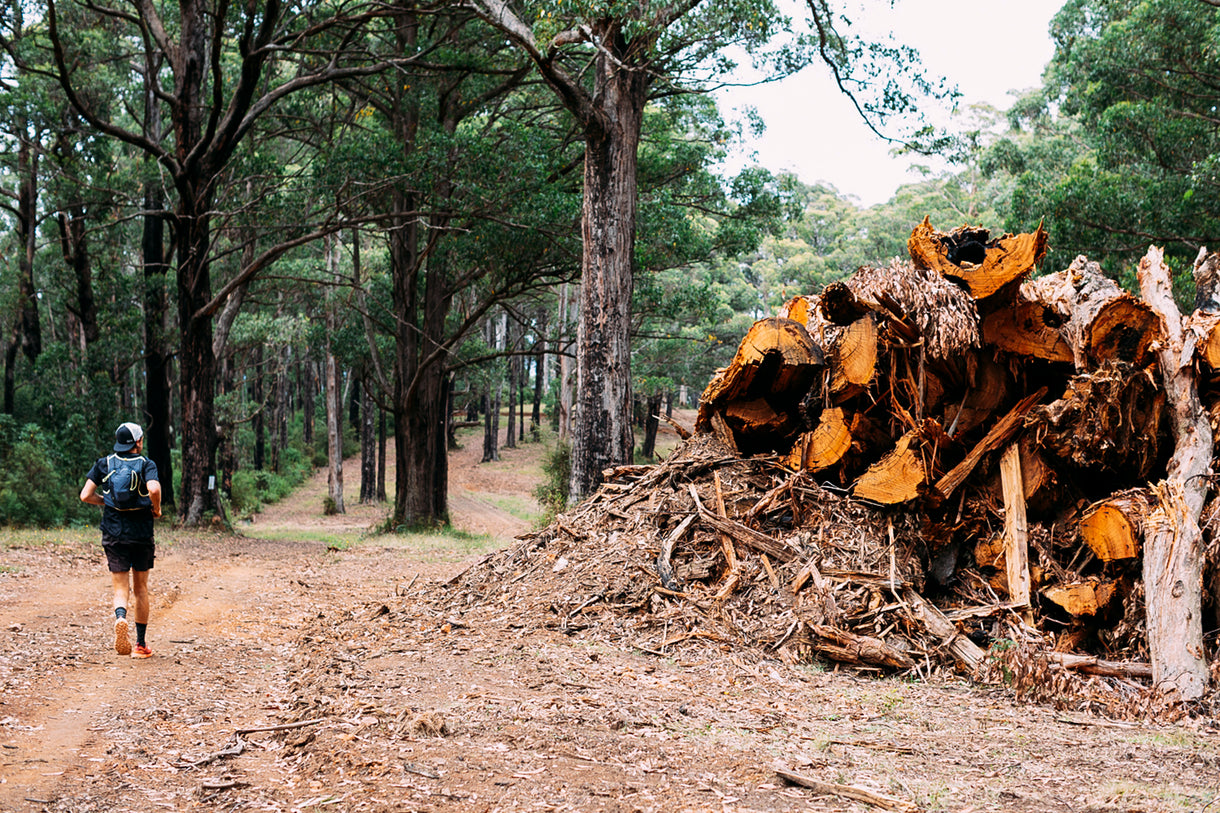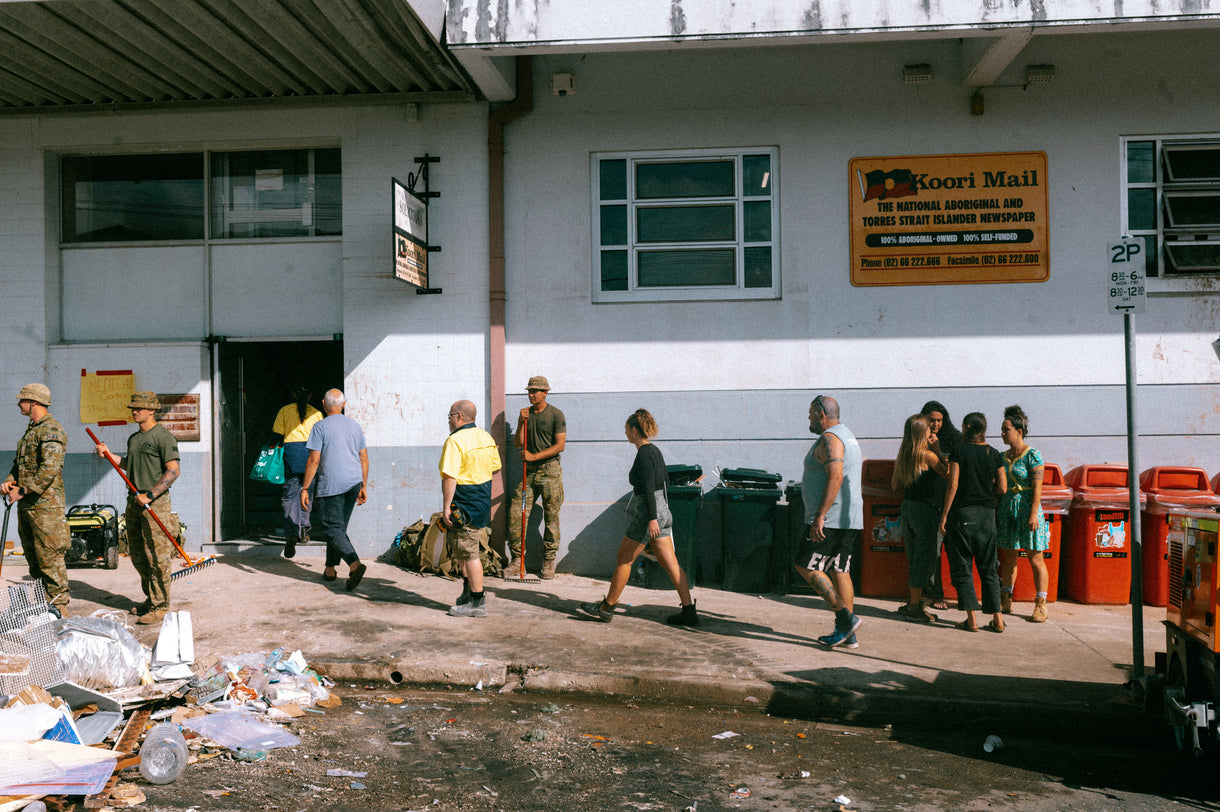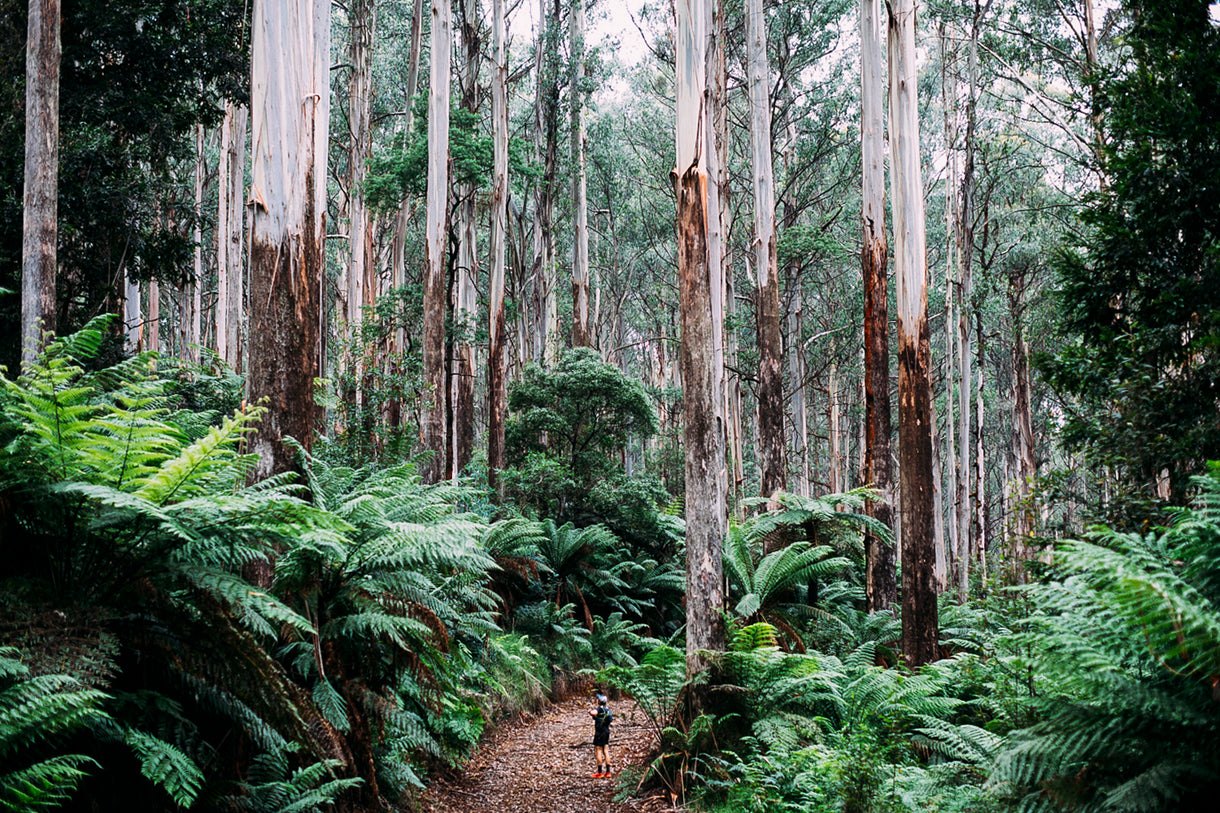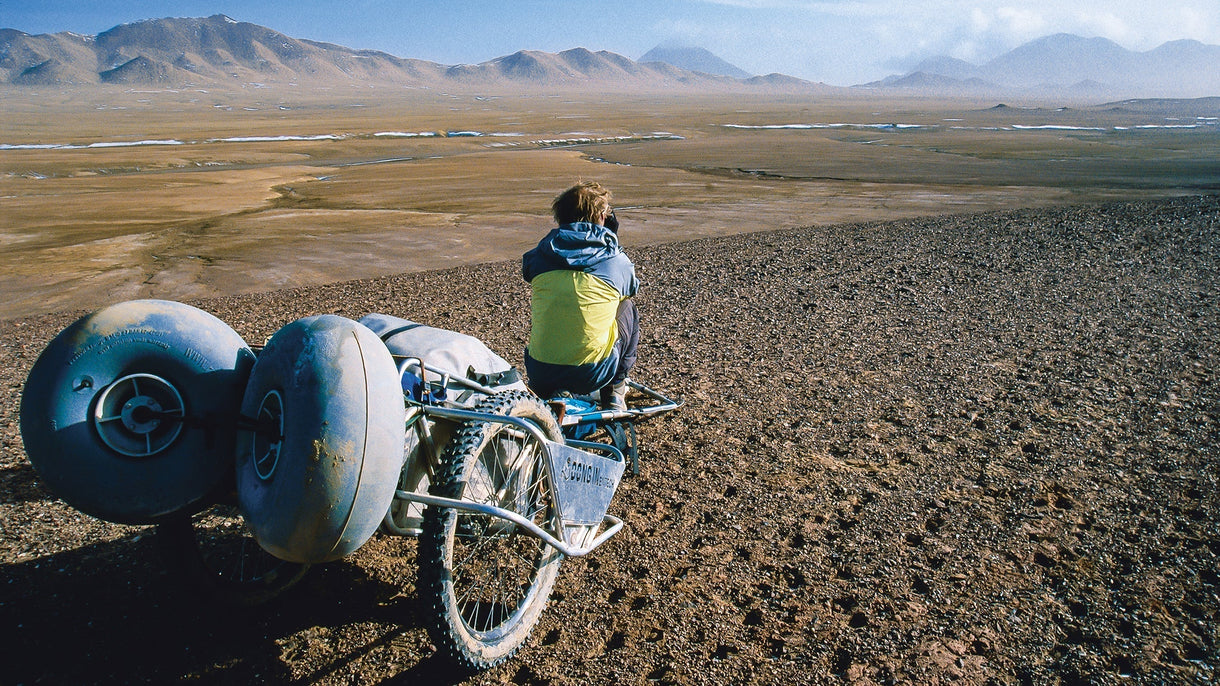Enter Seed Mob - Australia’s first (and only) Indigenous youth-led climate network. Seed Mob is building a movement of First Nations young people for climate justice by positioning the voices of those most affected by climate change at the centre of climate activism.
Seed Mob has a vision: a just future powered by strong communities, rich cultures, and renewable energy. A vision that stands in stark contrast to the shallow and symbolic pledges made at COP26. Even still, COP26 was a platform to highlight the incredible strength and resilience of First Nations peoples across the globe.
Tishiko King is a proud Kulkalaig woman from the Island of Masig, Kulkalgal Nation of Zenadh Kes (the Torres Strait Islands). She is also the campaigns director at Seed Mob, and a community organiser for Our Islands Our Home.

Tish was told less than a week in advance that she’d be flying across the world to represent Seed Mob, Our Islands Our Home and more broadly, First Nations people in Australia at COP26 (which at the time was being referred to as the most important climate conference in history).
For Tish, COP26 was an opportunity to hold our political leaders accountable and ensure they felt the global pressure to act on climate. It was also an opportunity to connect and share stories with First Nations people from other parts of the world. People who have been protecting Country long before COP26 and will continue protecting Country (and our futures) long after.
“We need to be here because our leaders aren’t leading. We need to be here to hold them accountable, to make sure that we are even on the agenda.” – Tishiko King
I caught up with Tish while she was still at the conference in Glasgow in November. “Right now, I’m at the International Indigenous Pavilion, standing shoulder to shoulder with other young First Nations people from Aotearoa, and learning from Traditional Owners and Elders from Turtle Island.”
“We need to be here because our leaders aren’t leading. We need to be here to hold them accountable, to make sure that we are even on the agenda.”
Even with global pressure from other world leaders, the Morrison Government is failing to safeguard our futures. This is especially obvious to Tish, whose ancestral homelands in Zenadh Kes are in the crossfire of global warming. She has physically, emotionally, and spiritually felt the impacts of rising seas. In the summer of 2020, Tish helped her family pick up the bones of her Ancestors because king tides and erosion are damaging sacred burial sites.
It’s with this lived experience that Tish is a staunch advocate for the permanent closure of extractive, polluting industries, including gas fracking in the Northern Territory. To say she was disappointed in the Australian pavilion at COP26, which was used to promote gas and carbon capture and storage, would be an understatement.
She compares the pavilion to the Las Vegas Strip. “We had Santos and Woodside Petroleum stacked up in front, which looked like a fucking trade show. You go in and there’s all these bright lights… It’s like, who’s bigger? Who’s better?”
Tish also talks about how colonial the conference felt. “There are so many barriers to getting into negotiations. Just to even have a conversation or get your story out there. COP is still a very colonial construct.”
Being grossly outnumbered by fossil fuel lobbyists (over 500 attended the conference) couldn’t have helped. While First Nations people face barriers to climate negotiations, those who have contributed most to the problem are welcomed – the same people who are actively resisting meaningful, systemic change.
“How dare these people make decisions for us that impact our future? The people who are impacted first and worst are Indigenous people, people with disabilities, people of colour, marginalised groups – and we’re the ones that don’t have a seat at the table?” says Tish. “First Nations people don't want to talk about politics, but politics talks about us. So, we have to be a part of those conversations.”
Joseph-Zane Sikulu from the Pacific Climate Warriors says for many people COP26 was a huge disappointment. But for him it was “a moment where we can stand on the biggest stage the world has for climate and say we are here, and we are fighting.”

“Imagine being outnumbered 12-to-1 by fossil fuel lobbyists and still going in there to hold the line. The language in the Glasgow accord is weak, yes. But imagine the fight that went into bringing that to where it is.”
The first draft of the Glasgow Climate Pact called for nations to “accelerate the phasing out of coal and subsidies for fossil fuels.” In the final version this statement is considerably weaker and far more ambiguous (“accelerating efforts towards the phase-down of unabated coal power and inefficient fossil fuel subsidies”).
Even still, this is the first time in the history of the UNFCCC that a statement on fossil fuels has been included in a climate agreement. “Years of work have gone into socialising that language to the point where it is now undeniable. We did that!” says Joseph.
“People have misunderstood what climate action is all about. It’s not just about saving nature. It’s about saving the people because we’re connected to Country.” – Tishiko King
For Tish, it was the moments spent in solidarity with other First Nations peoples that gave her strength. She experienced a water ceremony with women of the Indigenous Canadian Network, marched alongside thousands of people demanding urgent action on climate, and witnessed Pacific nations perform song and dance to deliver a petition to the Fijian Prime Minister.
“For too long we have complied with colonial expectations of how these things should be done. So, it was so inspiring to see – this is our story, so we share it our way. We don’t have to run on your time.”
Tish continues: “People have misunderstood what climate action is all about. It’s not just about saving nature. It’s about saving the people because we’re connected to Country.”
Australia currently has 72 new coal projects and 44 new gas and oil projects in the works. The Australia Institute estimates these projects will create 1.7 billion tonnes of carbon emissions annually – “four times the amount of new coal power stations planned by China and almost double the carbon footprint of global aviation.”
Australia is built on a culture of land theft and extractivism (and apparently now carbon capture and storage). We need to divest from false solutions and invest in First Nations community. When will our alleged leaders realise that reducing emissions means centering land rights over mining rights?

“This is a critical turning point,” says Tish. “When people look back at history and talk about what the threshold COP was – the threshold is now.”
COP26 is over. But First Nations advocacy and storytelling persevere.
All photos by: Seed Mob
VISIT THE SEED MOB WEBSITE TO LEARN MORE.
SEED MOB IS A RECIPIENT OF A PATAGONIA AUSTRALIA GRANT, AS PART OF PATAGONIA’S 1% FOR THE PLANET COMMITMENT, AS WELL AS 350.ORG FOR THEIR WORK ON THE 'OUR ISLANDS, OUR HOME' CAMPAIGN.
FIND OUT MORE ABOUT THE GRANTS PROGRAM HERE.
____________________________________________________________________
Author Profile

Gemma Pol

